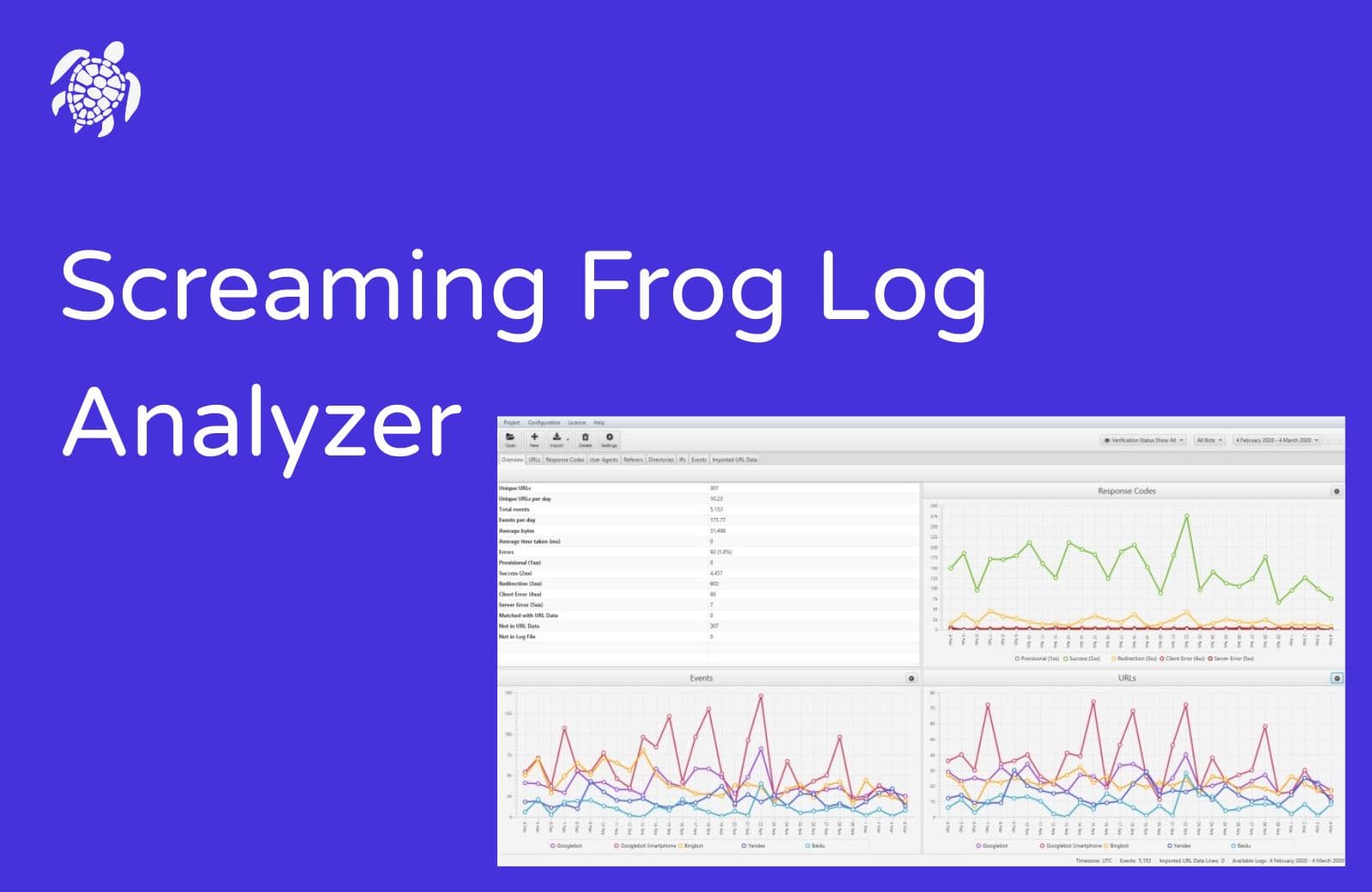If you think ChatGPT-4 was game-changing, wait until you see what ChatGPT-5 can do.
In the past two weeks, we’ve tested it across client projects, content workflows, and AI search experiments — and it’s clear: this is more than a speed upgrade. It’s a fundamental shift in how AI understands, reasons, and delivers information.
From GPT-3.5 to GPT-5 — How We Got Here
When GPT-3.5 arrived, it was impressive at language generation but had no real awareness of the outside world.
GPT-4 brought better reasoning, more accuracy, and limited ability to use plugins or browse the web.
Now GPT-5 feels like a true multi-modal research assistant — faster, more contextual, and far better at remembering and adapting over time.
In SEO terms, this evolution mirrors the jump from basic keyword stuffing to E-E-A-T-driven, structured content strategies. The tools are smarter, but so are the expectations.
The Big Upgrades in ChatGPT-5
1. True Multi-Modal Search Understanding
We’ve gone from “text in, text out” to seamless integration of text, images, audio, and video in one query.
Example from our testing: we uploaded a product image, a competitor’s pricing video, and an FAQ list. GPT-5 cross-referenced all three and returned a competitor comparison table with missing feature gaps we could target in content.
SEO Takeaways:
- Search results can now pull from image alt text, video transcripts, and audio content without separate indexing.
- Clients producing mixed-format content will see stronger AI visibility.
Action Step: Start publishing multi-modal content hubs — blog posts that integrate transcript-rich videos, optimized images, and downloadable audio summaries.
2. Context Memory That Actually Works
ChatGPT-5 now remembers context over long conversations and can adapt tone and depth based on prior exchanges.
We ran a 40-minute SEO consultation entirely in AI. It recalled every site audit detail, even the canonicalization bug we mentioned at the 10-minute mark.
Why it matters: AI search is no longer just answering one query — it’s building a persistent, personalized knowledge graph of your questions.
Action Step: Create series-based content so when AI references “your last question about X,” it links to your deeper resources.
3. Real-Time Web Awareness
For the first time, GPT can pull fresh data from the live web without relying solely on training cut-offs.
We tested with a client’s brand name + “reviews” — it pulled Trustpilot entries posted the day before.
SEO Implications:
- Online reputation can now impact AI-driven queries almost instantly.
- Crisis PR windows just shrank from weeks to hours.
Action Step: Invest in real-time brand monitoring tools and create pre-approved rapid-response templates.
4. Smarter Local & Geo Search
Geo-aware AI queries are significantly sharper. In our Paphos vs. Limassol SEO tests, GPT-5 provided:
- Localized keyword variations
- Search intent differences by region
- Integration with Google Business Profile data
Local SEO Playbook Update:
- Optimize GBP categories and Q&A for AI retrieval.
- Use local-specific schema markup to give GPT-5 richer context.
5. Better Reasoning for Complex SEO Tasks
We fed GPT-5 a 1,000-URL XML sitemap with crawl budget issues. GPT-4 returned a generic list of “optimize your top pages.” GPT-5 came back with:
- Priority rankings
- Internal link restructure suggestions
- Justifications based on crawl depth and backlink authority
Action Step: Treat GPT-5 as a junior technical SEO analyst. Feed it raw data and ask for prioritization, then review for accuracy.
What GPT-5 Means for Content Strategy
The SEO winners in this new landscape will be the ones who understand how AI surfaces and contextualizes content.
1. Topical Authority Is More Visual
AI is now blending visual and text-based relevance signals. A cooking site with written recipes and tagged instructional videos will outrank pure text competitors for AI answers.
2. Conversational Queries Become Key
Queries like “what’s the best CRM for a small UK-based recruitment agency with <10 staff?” will trigger GPT-5 to combine multiple context points — geography, business type, and company size — and prefer content that answers all three.
3. Structured Data Goes Beyond Google
Schema markup isn’t just for Google anymore — GPT-5 uses it to understand relationships between your content assets.
How Agencies Should Adapt Right Now
From what we’ve tested across multiple client niches, here’s the AI SEO survival checklist:
- Multi-Modal Content: Create integrated assets (blog + video + infographic) per topic.
- Entity Optimization: Define your brand, products, and authors clearly in structured data.
- Rapid Reputation Management: Monitor reviews and social mentions daily.
- Localized AI Pages: Build landing pages optimized for conversational local queries.
- Data-Rich Testing: Feed AI tools with analytics exports, log files, and structured data for better insights.
Predictions: The Next 12 Months
Based on our testing and industry chatter:
- AI SERP Share Will Surge: Expect 20–30% of discovery-stage queries to bypass traditional Google SERPs in favor of AI responses.
- Paid AI Ads Will Emerge: Sponsored answers in AI chats are inevitable.
- Schema Arms Race: Agencies will compete on depth and accuracy of structured data implementation.
- Search Personalization Will Skyrocket: GPT-5’s context memory will tailor results per user like never before.
Final Thoughts
We’ve been through Panda, Penguin, Helpful Content, and now — the AI search era.
ChatGPT-5 isn’t replacing Google, but it’s eating into informational and discovery searches fast.
The agencies who act now will own the first-mover advantage.
Here’s what actually works in 2025:
Test early, measure obsessively, and build for human-AI interaction, not just keywords.




